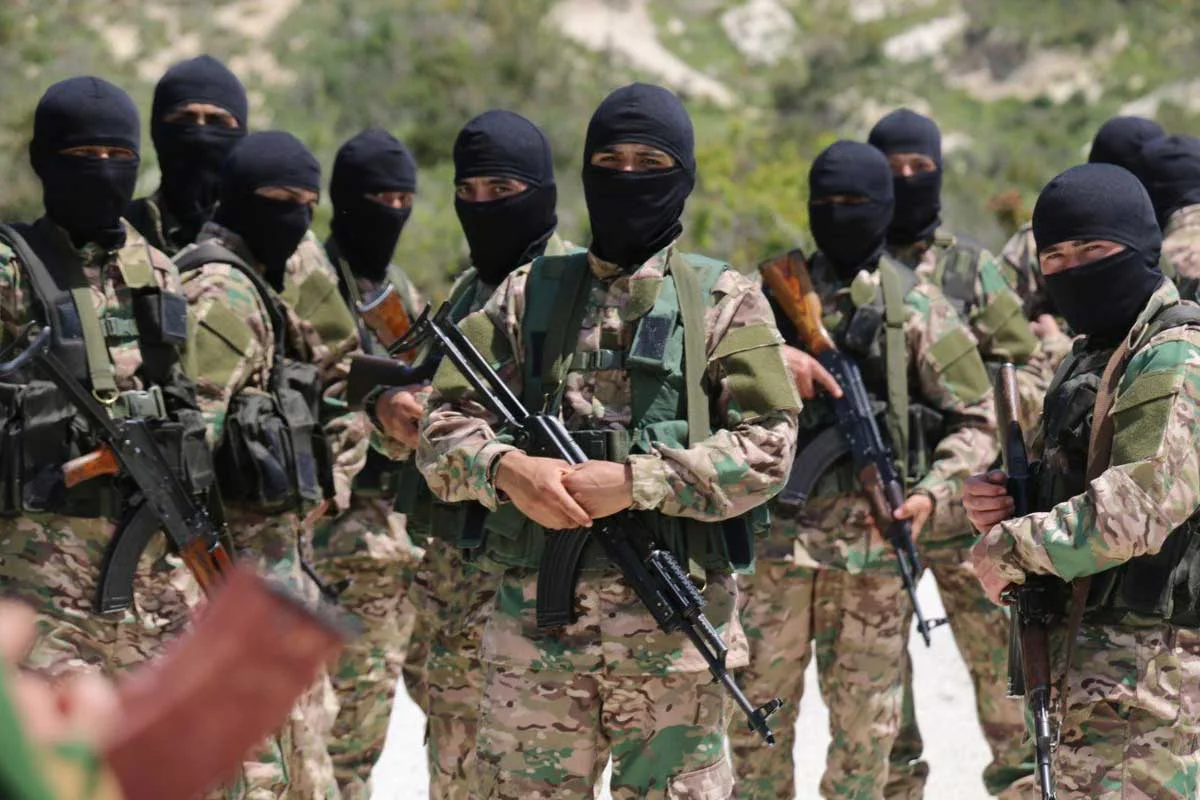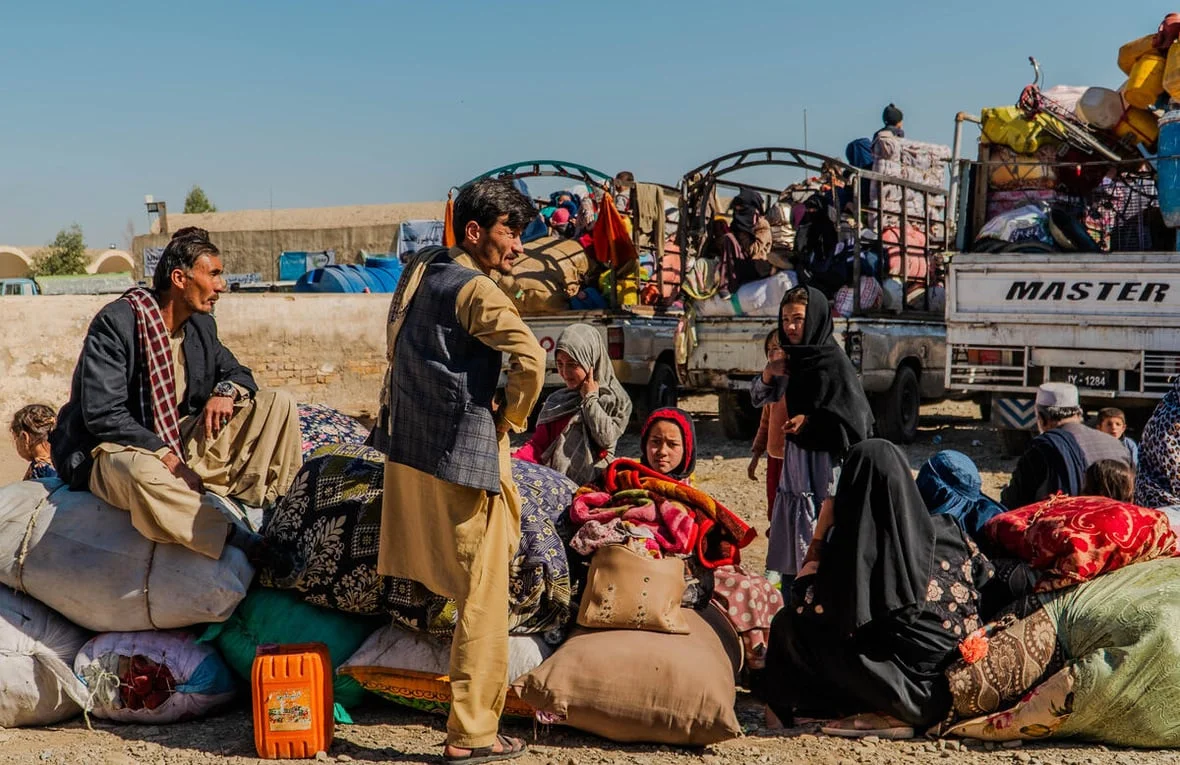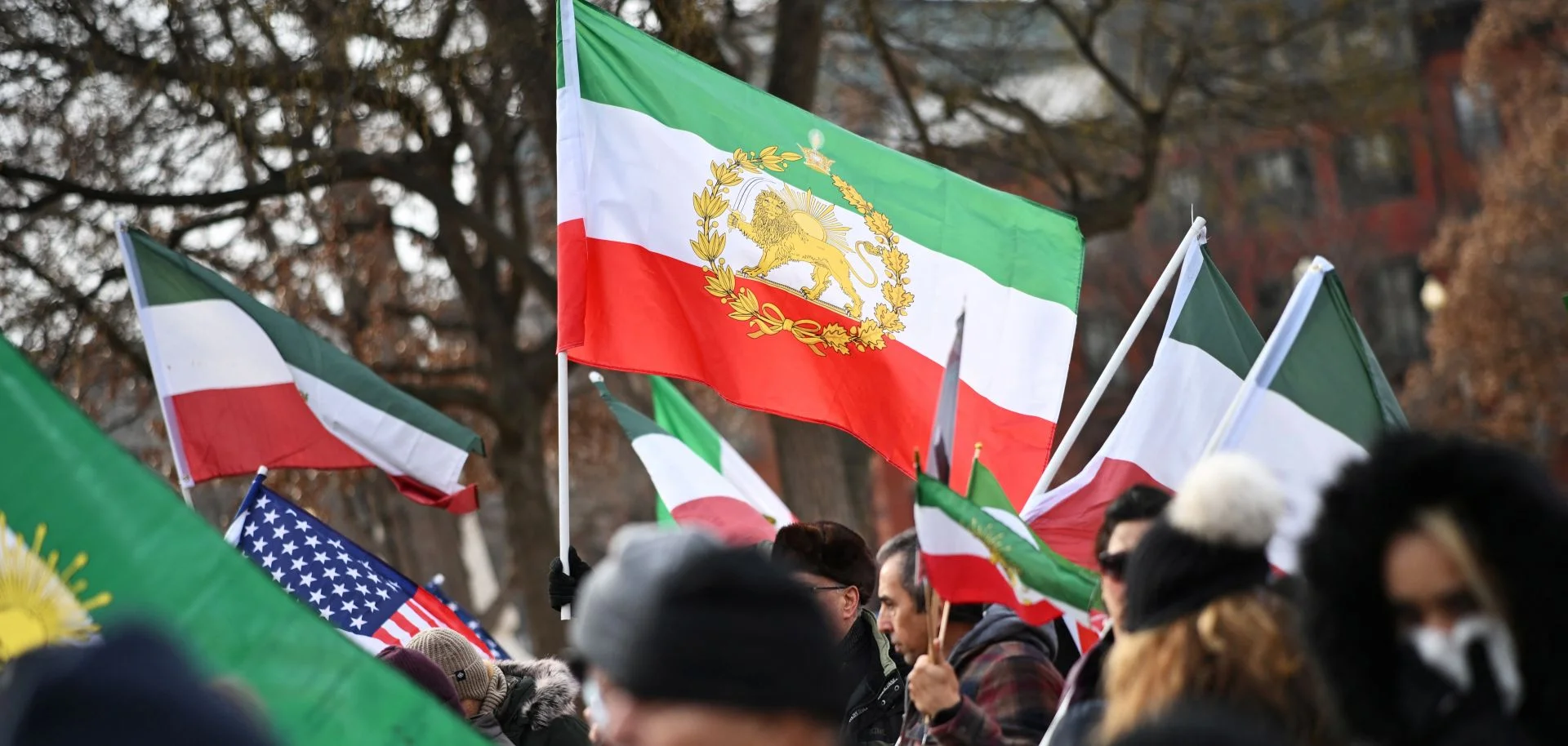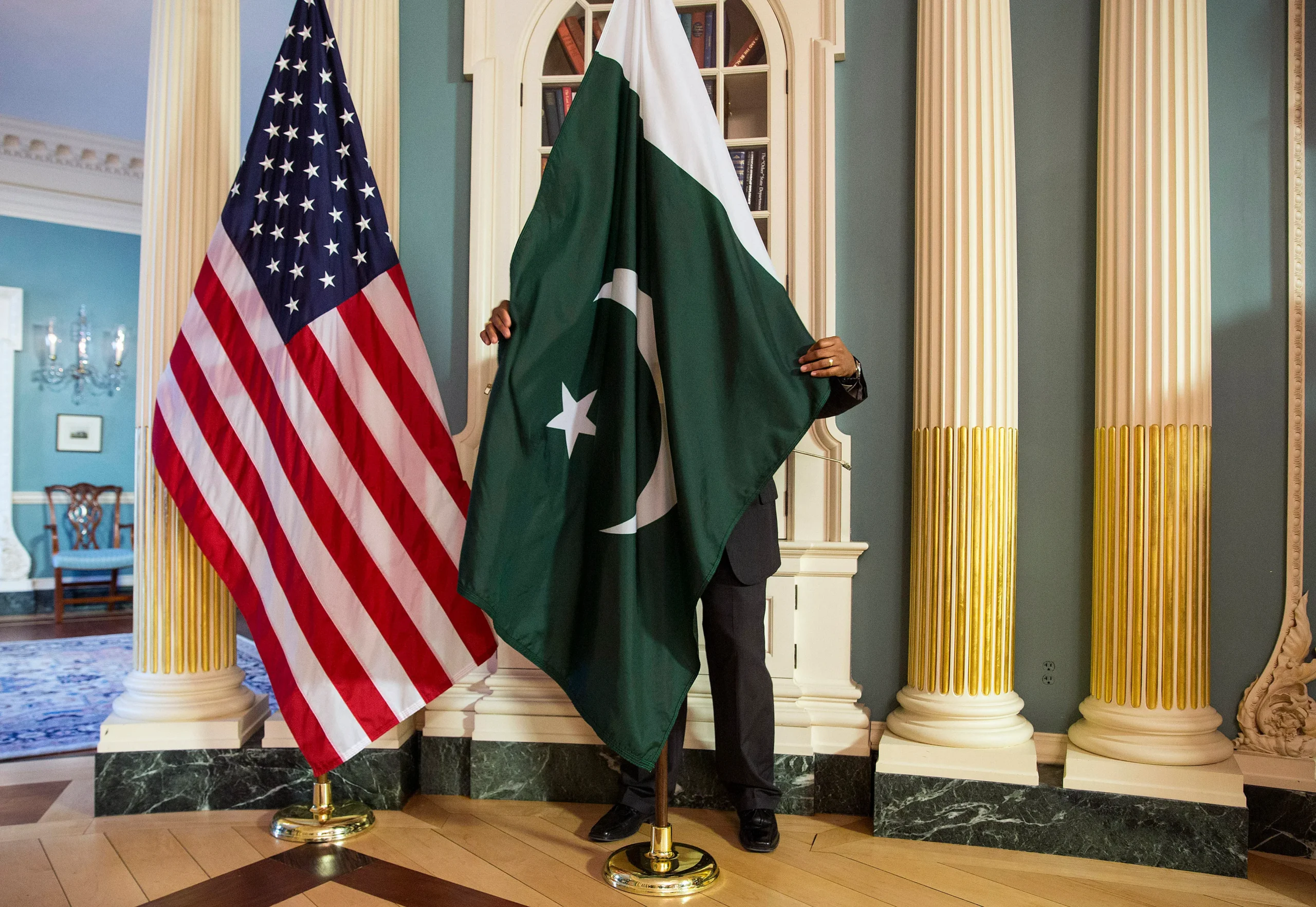ISLAMABAD: The Ministry of Maritime Affairs Thursday told the National Assembly it was in the process of introducing new maritime policy, and the base draft had been prepared and circulated among the line ministries for their input.
In a written reply to a question of Shazia Marri in the National Assembly, Ministry of Maritime stated that two consultative meetings of stakeholders were held on January 1, 2024 and February 6, 2024, respectively.
A workshop of stakeholders had been scheduled on for January 24, 2025 at Islamabad. Another workshop is also planned at Karachi before finalisation of the draft.
The ministry stated that all three ports of Pakistan i.e. Karachi Port, Port Qasim and Gwadar Port were strategically positioned along global shipping lines that link Europe, Africa, the Middle East and East Asia.
To optimise Pakistan’s geographic advantages and enhance its regional influence and economic integration, Ministry of Maritime Affairs has prepared the base draft of “Transshipment and Transit Trade Policy of Pakistan”, in line with the directives of prime minister for developing transshipment regime in Pakistan.
Also See: Pakistan’s Prime Minister Approves Maritime Sector Reforms
The base draft has been circulated among the stakeholders; after holding three meetings on gap analysis and capacity constraints of respective ministries/ departments. Finalisation of the policy is in progress.
With reference to attracting international shipping lines, the policy highlights dedicated marketing campaigns to be launched to promote Pakistan as a competitive, efficient and cost-effective transshipment hub. These campaigns will target shipping lines, logistic companies and international trade organisations to expand Pakistan’s global market share in transshipment and transit trade.
Regarding underutilised port capacity issues have been identified and tasks assigned under PM’s Task Force on Revamping of Pakistan’s Maritime sector.
Major recommendations of the task force relate to port governance, operational efficiency, space management and functional issues etc.
Also, Information Minister Attaullah Tarar Thursday told the National Assembly that construction of Diamer-Bhasha Dam would be completed in time, which would help reduce the risk of floods.
During the question hour, in reply to a question by Syed Rafiuallah, who asked about the current status of the Basha-Dam project, its construction progress, the information minister said work on various stages of Diamer-Bhasha Dam was progressing at full speed.
Atta Tarar told the House that efforts would be made to complete the project on schedule. He said the dam would be one of the largest water reservoirs and play a crucial role in preventing flood-related devastation.
In a written reply to a question, giving the reason for increase in the cost of Diamer-Bhasha Dam, he said dollar exchange rate was a major reason. The exchange rate of $1 was Rs105.3 when PC-1 was approved in year 2018, and it hiked to US$1 to Rs278.3 in 2024, which impacted approximately Rs178 billion increase, which is 31.2pc of total cost.
This news is sourced from The News and is intended for informational purposes only.

![Pakistan's Ministry of Maritime Affairs drafts a new maritime policy, focusing on transshipment and stakeholder input. [Image via Radio Pakistan/File]](https://southasiatimes.org/wp-content/uploads/2025/01/1273095_5450111_marim_akhbar.webp)




